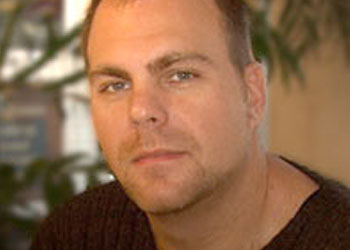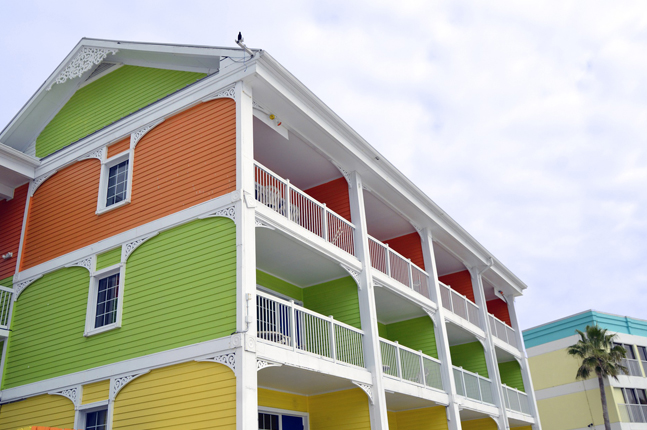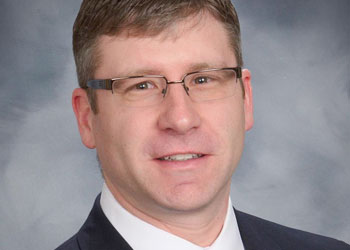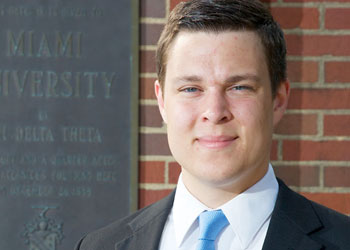At the start of a typical fall semester, the media tends to focus on the amount of alcohol college students consume. While this fall was no exception, the Fall 2010 semester uniquely seems to have spawned extended focus from colleges of all sizes and locations who report their campus alcohol-related incidents have increased this year.
Is there truly an increase? We wouldn’t know for sure unless we took an official survey of campuses, or unless we compared the number of media stories from this fall to prior semesters. Official scientific studies aside, there is no doubt that alcohol remains the number one abused drug on college campuses. It’s easy to forget that alcohol is a drug, and for many traditional aged students, it is an illegal drug to possess or consume.
Many students perceive their peers to be drinking alcohol at a much higher rate than what’s actually reported. We know this based on over a decade of research and preventative programming that supports the theory that, once students know how much their peers are actually drinking, their rates of drinking decrease to better match the reported norm. Thus, their new perception becomes reality.
So why does it seem that every fall the media is able to report higher-than-normal drinking rates? Is it because students go home for the summer and forget what the norm is on their campus or in their organizations? Is it the large influx of freshmen who haven’t yet been exposed to the norm, therefore feeling the need to overcompensate and match the perception of the partying college student? Is there a group or organization that feels the need to start the semester off with a bang and ends up becoming a media circus? Or is it truly a trend that we’re seeing—the trend that starts with Fall 2010, where students are actually drinking more, or experiencing increased negative consequences compared to prior years? Only time will tell, but if perception is reality, the media has unfortunately characterized this fall semester as the return of the “binge drinking” semester.
The term “binge drinking” carries with it many negative connotations. Let’s be clear that only a small group of researchers, and the media outlets that report their findings, still use the term “binge drinking.” What does binge drinking describe? What does using that term accomplish? “Binge drinking” is defined as 5 drinks in one sitting for men and 4 drinks in one sitting for women.
When I travel to campuses and work with students and organizations, I don’t use this term. Rather, I focus on “high risk drinking” which encompasses gender, body size/weight, and the negative related consequences involved with increased drinking. When we start discussing and dissecting these consequences, we begin to understand the actual origin of drinking behavior and consequences as related to neurological and biological effects. I’ve found that once students are armed with more reliable information, they are better able to make informed, healthier choices. The alternative of using “binge drinking” as the crux of education or prevention efforts tends to have the opposite or no effect.
As over 1,000 campuses host programs this week during National Collegiate Alcohol Awareness Week, I challenge all students, advisors, and volunteers to consider what is the most effective, proactive approach to alcohol education for your campus and your organization. What will shift your community’s misperceptions to create a new reality? Identify local and regional partners to assist you with this, ahead of a problem, crisis, party, or tragedy, and work collectively to decrease alcohol abuse and negative related consequences in your community.
I know from firsthand experience that Phi Delta Theta is a leading fraternal organization in these efforts in national and local arenas. I hope this inspires you to continue this type of work in your local communities.
Bobby Gordon is an award-winning alcohol/other drug educator. With over 15 years of experience in programming, curriculum development, consulting and research, Bobby has spoken to countless college students, professional organizations, regional conferences and community leaders about alcohol/other drug prevention. He has served as a former alcohol/other drug counselor, campus administrator, and faculty member at several schools. Bobby served the Association of Fraternity/Sorority Advisors for over 13 years as a Board member of the Inter-Association Task Force on Alcohol and Other Drugs (IATF), and has volunteered for organizations like The BACCHUS Network and Hazing Prevention.org. He is a proud alumnus of Kappa Sigma Fraternity, and enjoys the opportunity to speak to local college fraternity, sorority, and student athlete communities. You can learn more about Bobby at www.campuspeak.com/gordon.





